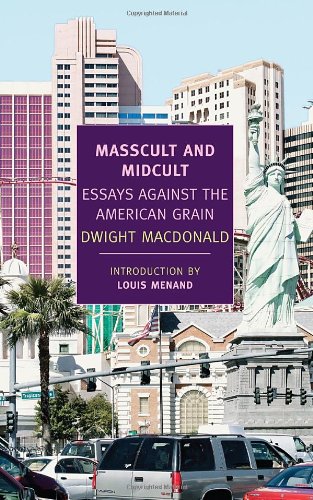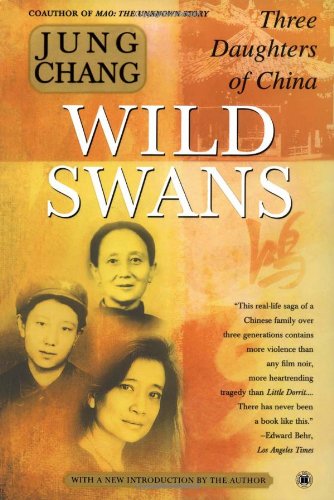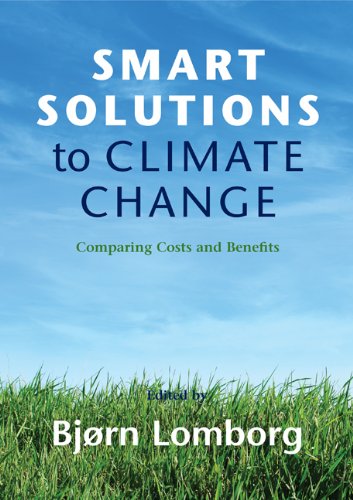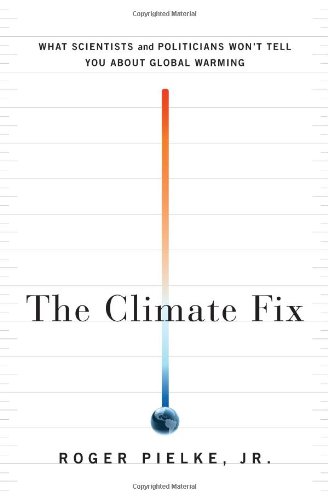Bing West – The Wrong War (2011)
NATO gave itself an unwinnable war in Afghanistan. It could not defeat the Taliban, because it didn’t want to escalate the war to their sanctuary in Pakistan. Its counterinsurgency doctrine told soldiers to downplay what soldiers are best at, providing security through killing, and focus instead on a vague goal of nation building, which circumstances were against, thus causing them to fail at both. The Taliban was too powerful, the soldiers too few, and Hamid Karzai’s government was too corrupt. The least bad option now is to leave behind enough soldiers and support to make the Afghan army competent to fight its own war.
Recommended: Strongly.
Andrew Alexander – America and the Imperialism of Ignorance (2011)
The Soviet Union had no concrete plans for ruling Europe after World War 2, (other than a reasonable buffer zone of roughly half of it), and would have been unwilling and unable to literally conquer the entire world. Therefore the Cold War was the fault of those ignorant Americans, and a complete waste of time.
Read: 14 pages, + the Korea chapter.
Recommended: No. I’m sure there is a case for a revisionist look at America’s role in the Cold War, but Alexander – a newspaper columnist – overstates it in a way no good historian would. It’s to avoid such sweeping judgments half-supported by evidence that I prefer history to punditry in the first place. Alexander should stick to writing for the kind of people who prefer the latter.









